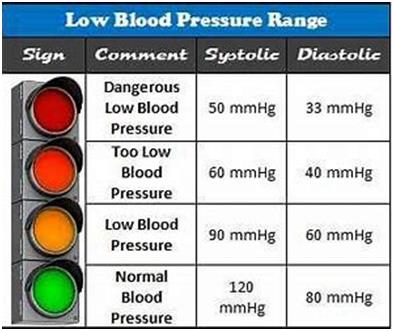
Understanding Convenient Health News Methods
While many insurance plans cover STD testing, it is still possible to get low-cost STD testing even if you are not covered by insurance. Talking about STD testing might feel awkward, but try not to be embarrassed. Most people get an STD at least once in their lives, and getting tested is the responsible thing to do — it means you’re taking good care of your health.
The more people you have sexual contact with, the greater your risk. This is true for concurrent partners as well as monogamous consecutive relationships. Oral sex may be less risky, but infections can still be transmitted without a latex condom or a dental dam — a thin, square piece of rubber made with latex or silicone.
Core Details In Health News – An A-Z
Avoid vaginal and anal intercourse with new partners until you have both been tested for STIs. Oral sex is less risky, but use a latex condom or dental dam to prevent direct (skin-to-skin) contact between the oral and genital mucous membranes. Certain STIs — such as gonorrhea, chlamydia, HIV and syphilis — can be passed from an infected mother to her child during pregnancy or delivery. STIs in infants can cause serious problems or even death. All pregnant women should be screened for these infections and treated.
- It is not possible to reinfect yourself with these viruses.
- It is possible to spread diseases such asmolluscumorherpesaround your body through a process known asautoinoculation.
- However, there’s no reason not to masturbate as much as you want.
- Finally, masturbation is very safe sex for people with HIV or hepatitis.
- If you touch a sore, you can move infectious material to another part of your skin and start to get sores there.
- That will help you to avoid infecting a partner until you are done with treatment.
Sexual activity plays a role in spreading many other kinds of infections, although it’s possible to be infected without sexual contact. Examples include the hepatitis A, B and C viruses, shigella, and Giardia intestinalis.
Up to 90% of people infected with the disease are unaware they have it. It can take as little as a few days after sexual contact to develop symptoms. There is no universal rule as to how fast herpes develops and progresses. Similar to HPV, chlamydia is a highly prevalent STD that often doesn’t show any signs and symptoms.
Other Topics In Patient Care & Health Info
The infection develops about 1-3 weeks after the initial exposure, and it’s contracted through oral, vaginal, or anal sex. Pregnant women, who may or may not be experiencing symptoms, should be tested for chlamydia and syphilis, regardless of their psoriasis symptoms sexual history.













